KPCh verstärkt Kontrolle über religiöse Printmaterialien
Im Rahmen der Kampagne „zur Ausmerzung von Pornografie und illegalen Veröffentlichungen” nimmt der Staat religiöse Versammlungsstätten aufs Korn und verhängt weitere Publikationsverbote.
Ein Magazin über Religionsfreiheit und Menschenrechte in China
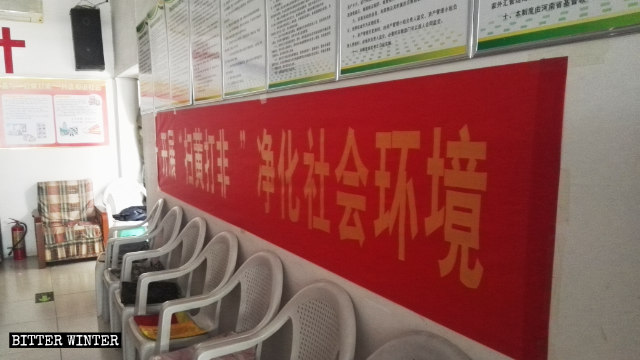
Im Rahmen der Kampagne „zur Ausmerzung von Pornografie und illegalen Veröffentlichungen” nimmt der Staat religiöse Versammlungsstätten aufs Korn und verhängt weitere Publikationsverbote.
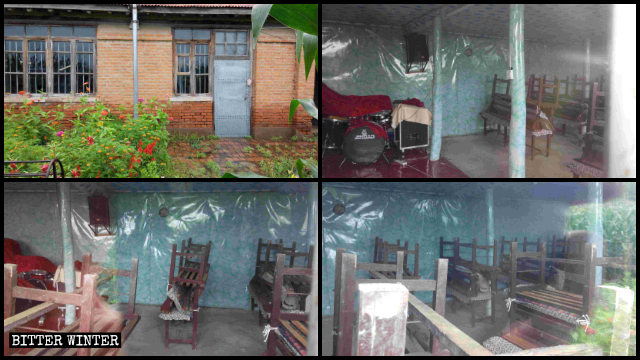
Versammlungsstätten der Drei Selbst-Kirchen, die eingerichtet wurden, um abgeschieden lebenden oder in ihrer Mobilität eingeschränkten Gläubigen das Leben leichter zu machen, werden vom Staat immer stärker unterdrückt.
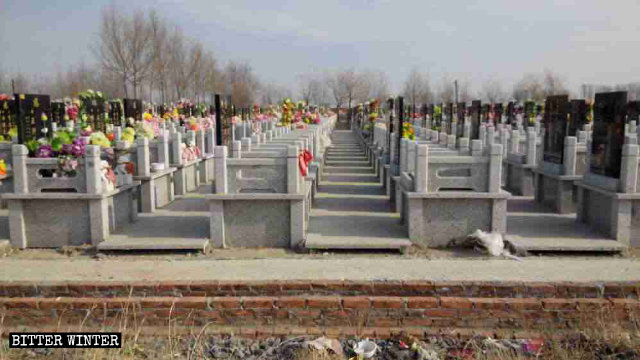
Sogar Schweine- und Schafställe oder Friedhöfe können zu Treffpunkten für Gläubige werden – solange sie dadurch den Fragen und Untersuchungen durch den Staat aus dem Wege gehen können.
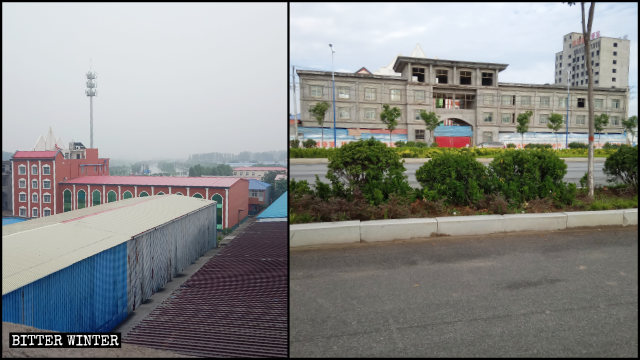
Nachdem sich Mitglieder der True Jesus-Kirche in Henan geweigert hatten, ihre Andachtsstätte durch den Staat umfunktionieren zu lassen, kamen ungefähr 1000 Regierungsangestellte und zerstörten das Gebäude.
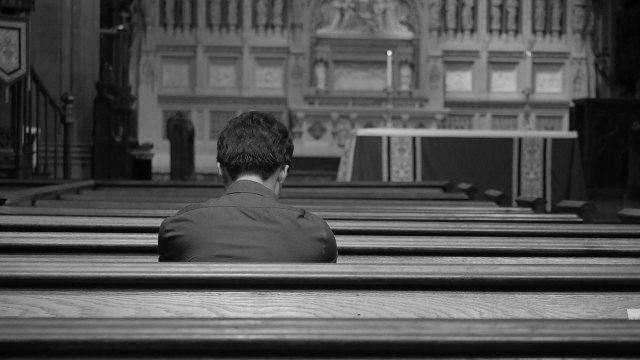
Die Prediger staatlich anerkannter Kirchen werden unter Druck gesetzt, Gott durch die kommunistische Ideologie zu ersetzen. Dem der sich verweigert wird mangelnde Loyalität gegenüber der Regierung vorgeworfen und entlassen.
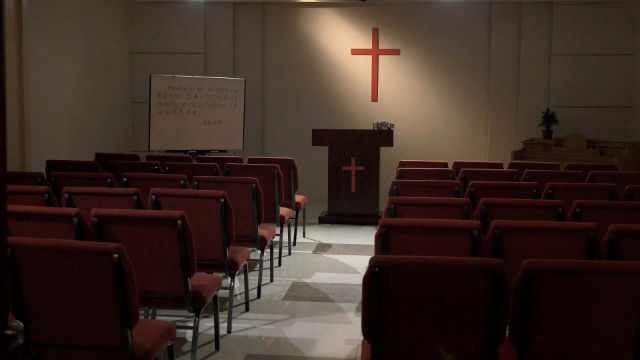
Ähnlich wie bei dem berüchtigten landesweiten Sozialen Bewertungssystem, das zur Überwachung der Bevölkerung und der Kontrolle der Bürger dient, sehen sich Kirchen nun von der Schließung bedroht, wenn sie sich den Regierungsvorschriften „widersetzen“.
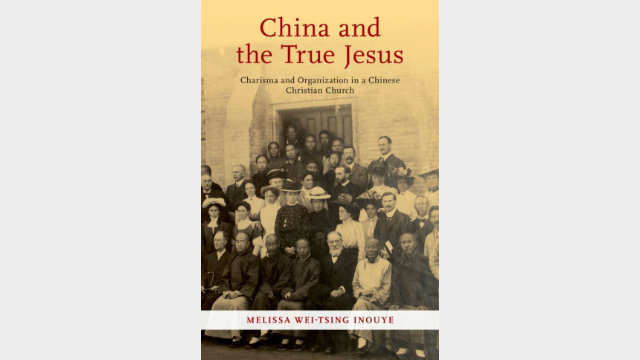
Diese 1917 gegründete und in den 1950er-Jahren schwer verfolgte Bewegung, deren Geschichte in einem neuen wissenschaftlichen Buch von Melissa Inouye erzählt wird, hat sich bereit erklärt, der Drei-Selbst Kirche beizutreten – ist jetzt aber wieder gefährdet.
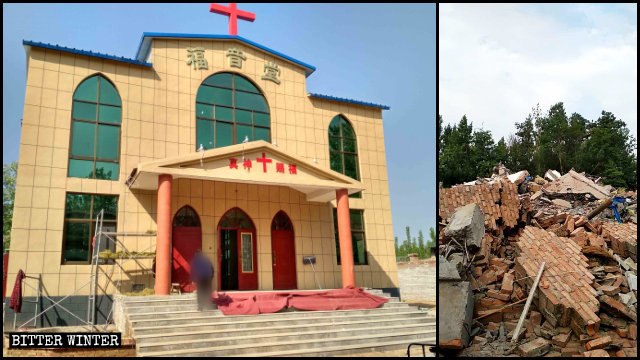
Um Mitglieder von staatlich anerkannten Drei Selbst-Kirchen vom Praktizieren ihres Glaubens abzuhalten, beschlagnahmt die KPCh deren Andachtsstätten oder zwingt die Gläubigen dazu, ihre Andachtsstätten der KPCh „zu schenken“.

Dissidenten und Gläubige, die in China zu Gefängnisstrafen verurteilt wurden, erhalten keine Behandlung und werden dem Tod überlassen. Selbst Schwerkranke müssen körperliche Zwangsarbeit verrichten.
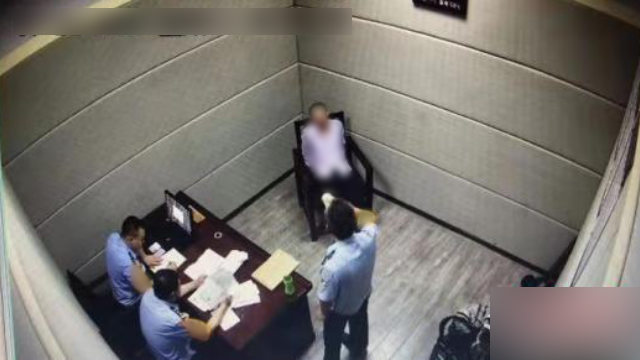
Unter dem harten Durchgreifen des Regimes gegen in China aktive ausländische religiöse Gruppen sind unzählige Kirchenbesucher gezwungen, ihren Glauben aufzugeben oder sogar ihre Freiheit zu verlieren.
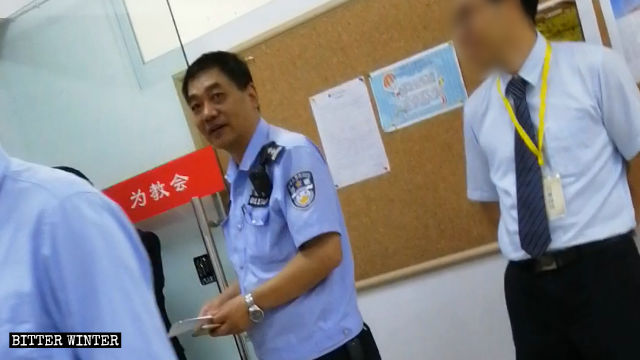
Die KPCh intensiviert ihre Kampagne zur Beseitigung von Gotteshäusern, die nicht zur offiziellen Drei-Selbst Kirche gehören – Bibeln werden vernichtet, Vermögenswerte der Kirchen beschlagnahmt und Gläubige verhaftet.
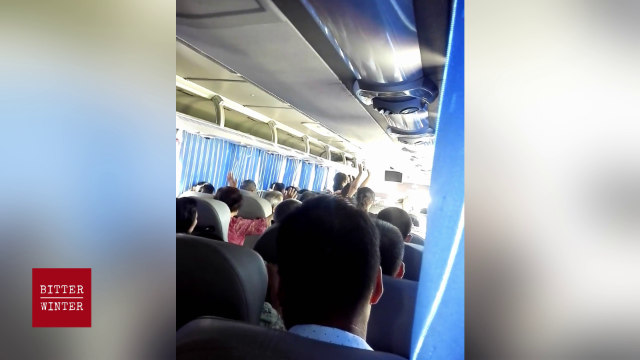
Zum 70. Jahrestag der Herrschaft der Kommunistischen Partei hat sich Chinas Hauptstadt ein besonderes „Geschenk“ für die Gläubigen ausgedacht: Ihre Andachtsstätten werden geschlossen.
MASSIMO INTROVIGNE
MARCO RESPINTI
CESNUR
Via Confienza 19,
10121 Torino, Italy,
Phone: 39-011-541950
| Cookie | Dauer | Beschreibung |
|---|---|---|
| cookielawinfo-checkbox-advertisement | 1 year | Set by the GDPR Cookie Consent plugin, this cookie is used to record the user consent for the cookies in the "Advertisement" category . |
| cookielawinfo-checkbox-analytics | 11 months | This cookie is set by GDPR Cookie Consent plugin. The cookie is used to store the user consent for the cookies in the category "Analytics". |
| cookielawinfo-checkbox-functional | 11 months | The cookie is set by GDPR cookie consent to record the user consent for the cookies in the category "Functional". |
| cookielawinfo-checkbox-necessary | 11 months | This cookie is set by GDPR Cookie Consent plugin. The cookies is used to store the user consent for the cookies in the category "Necessary". |
| cookielawinfo-checkbox-others | 11 months | This cookie is set by GDPR Cookie Consent plugin. The cookie is used to store the user consent for the cookies in the category "Other. |
| cookielawinfo-checkbox-performance | 11 months | This cookie is set by GDPR Cookie Consent plugin. The cookie is used to store the user consent for the cookies in the category "Performance". |
| CookieLawInfoConsent | 1 year | Records the default button state of the corresponding category & the status of CCPA. It works only in coordination with the primary cookie. |
| viewed_cookie_policy | 11 months | The cookie is set by the GDPR Cookie Consent plugin and is used to store whether or not user has consented to the use of cookies. It does not store any personal data. |
| Cookie | Dauer | Beschreibung |
|---|---|---|
| _gat | 1 minute | This cookie is installed by Google Universal Analytics to restrain request rate and thus limit the collection of data on high traffic sites. |
| Cookie | Dauer | Beschreibung |
|---|---|---|
| CONSENT | 2 years | YouTube sets this cookie via embedded youtube-videos and registers anonymous statistical data. |
| _ga | 2 years | The _ga cookie, installed by Google Analytics, calculates visitor, session and campaign data and also keeps track of site usage for the site's analytics report. The cookie stores information anonymously and assigns a randomly generated number to recognize unique visitors. |
| _gid | 1 day | Installed by Google Analytics, _gid cookie stores information on how visitors use a website, while also creating an analytics report of the website's performance. Some of the data that are collected include the number of visitors, their source, and the pages they visit anonymously. |
| Cookie | Dauer | Beschreibung |
|---|---|---|
| NID | 6 months | NID cookie, set by Google, is used for advertising purposes; to limit the number of times the user sees an ad, to mute unwanted ads, and to measure the effectiveness of ads. |
| VISITOR_INFO1_LIVE | 5 months 27 days | A cookie set by YouTube to measure bandwidth that determines whether the user gets the new or old player interface. |
| YSC | session | YSC cookie is set by Youtube and is used to track the views of embedded videos on Youtube pages. |
| yt-remote-connected-devices | never | YouTube sets this cookie to store the video preferences of the user using embedded YouTube video. |
| yt-remote-device-id | never | YouTube sets this cookie to store the video preferences of the user using embedded YouTube video. |